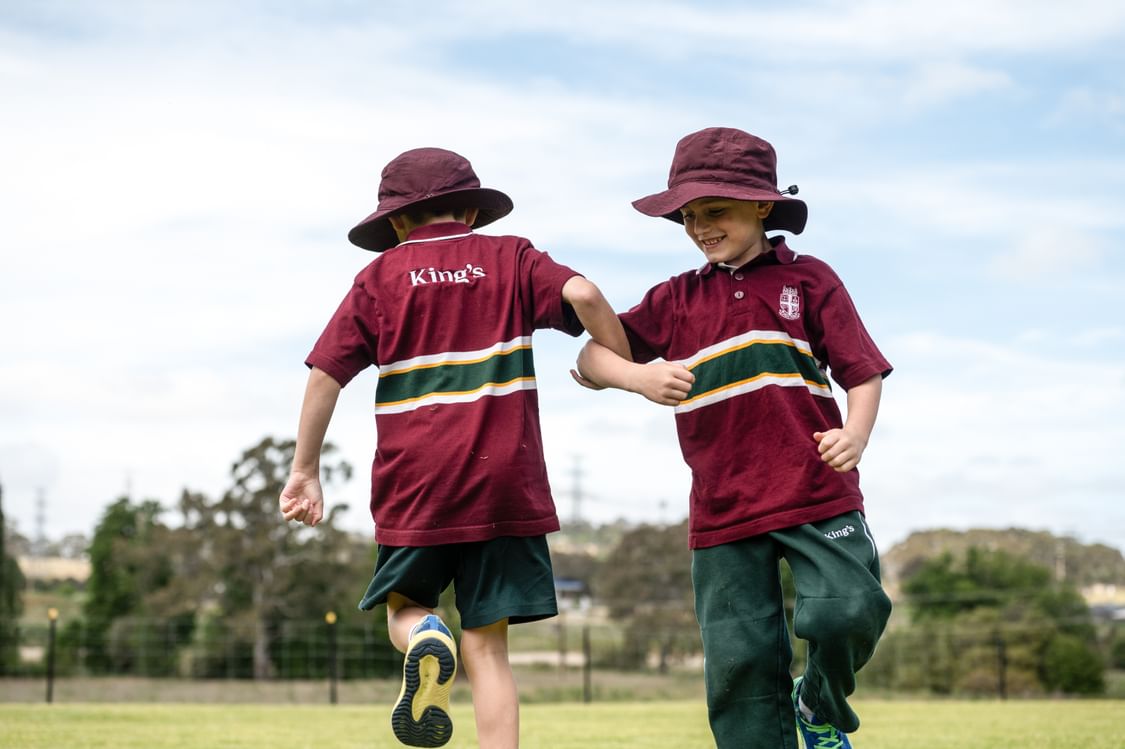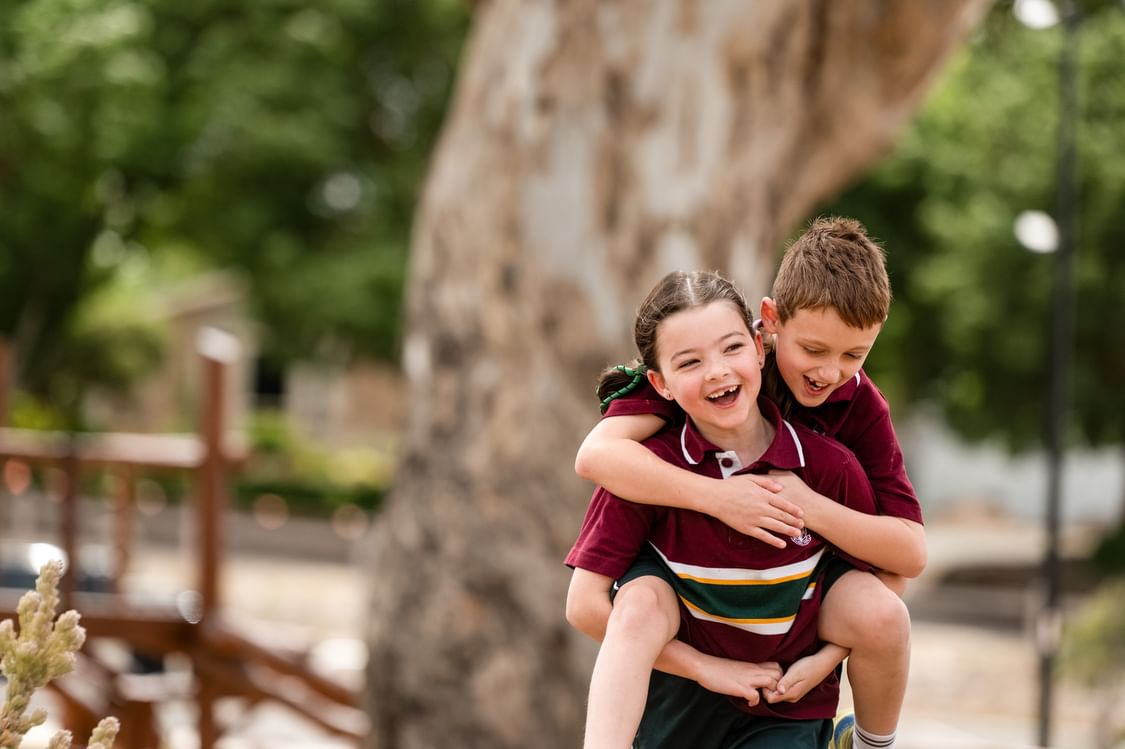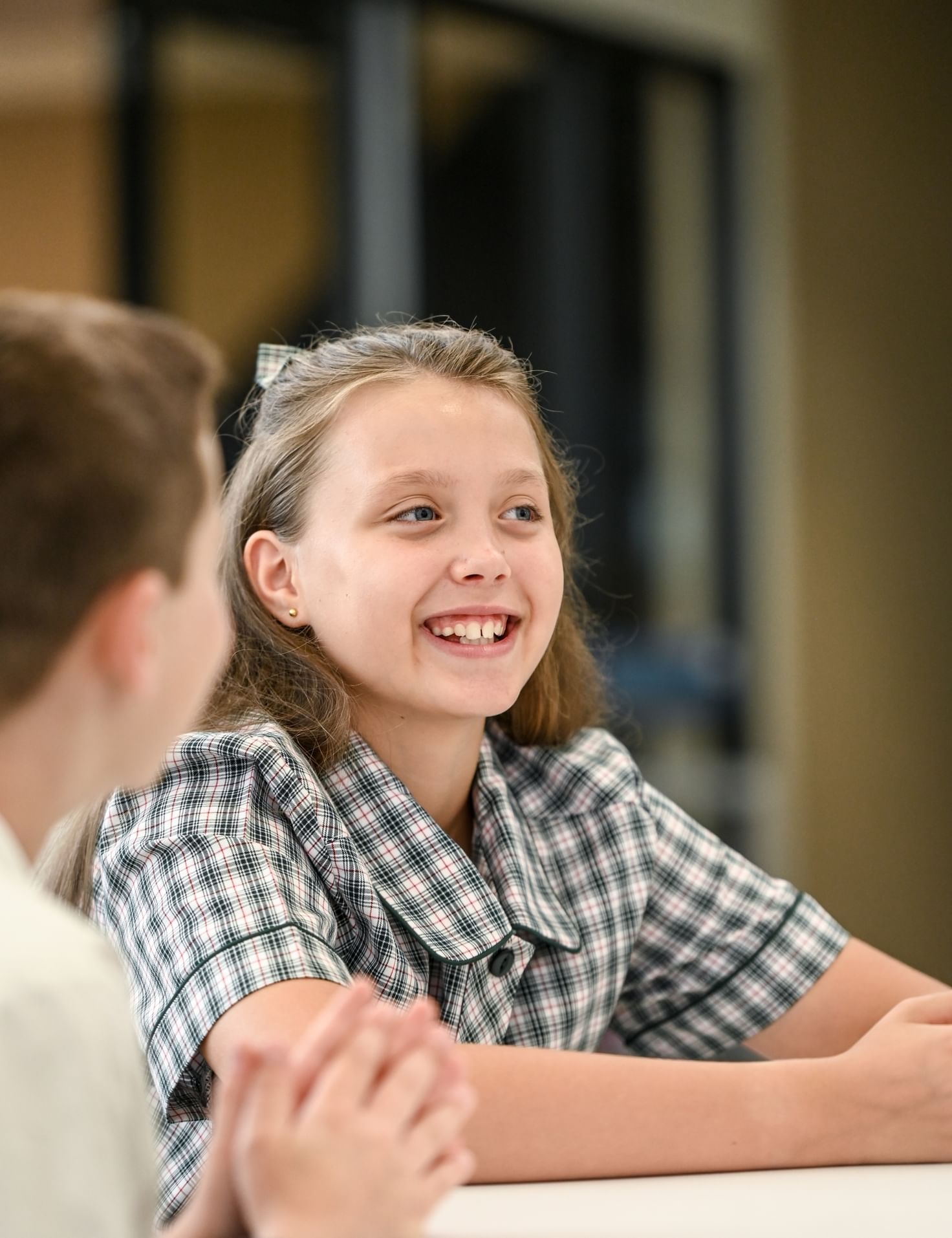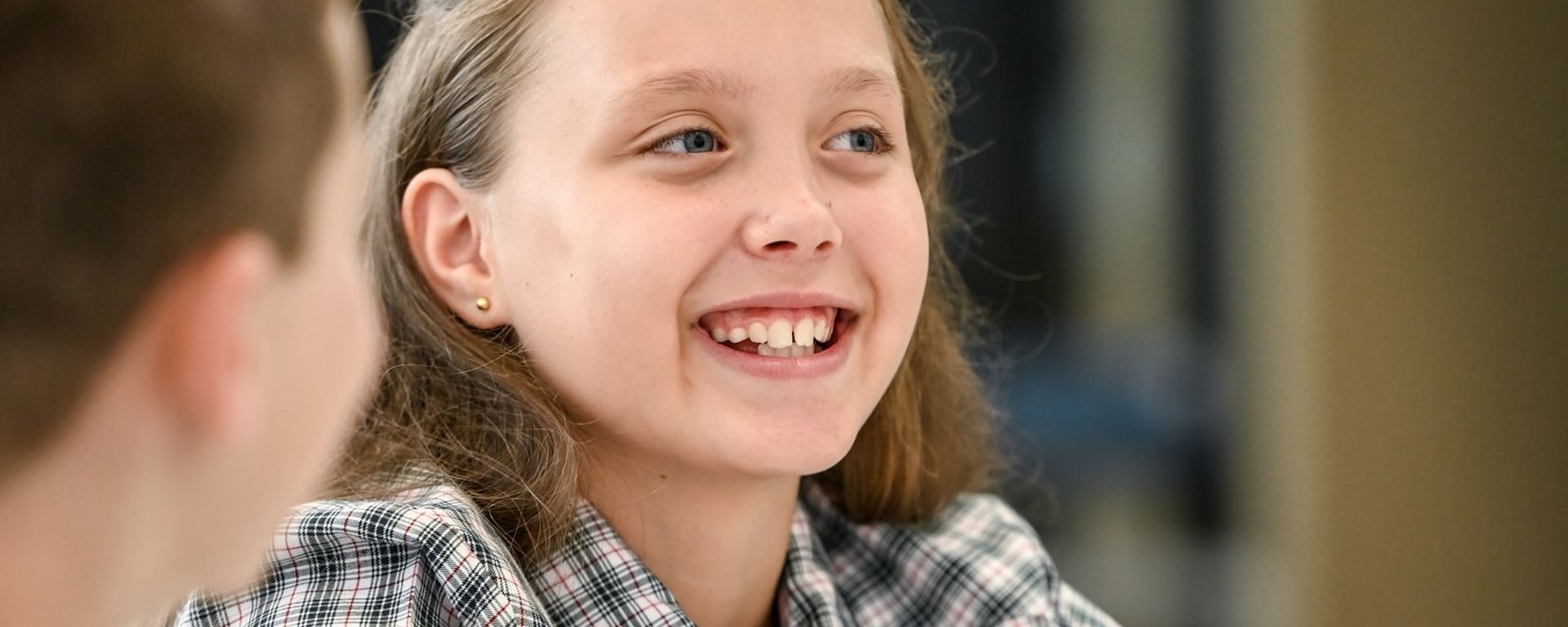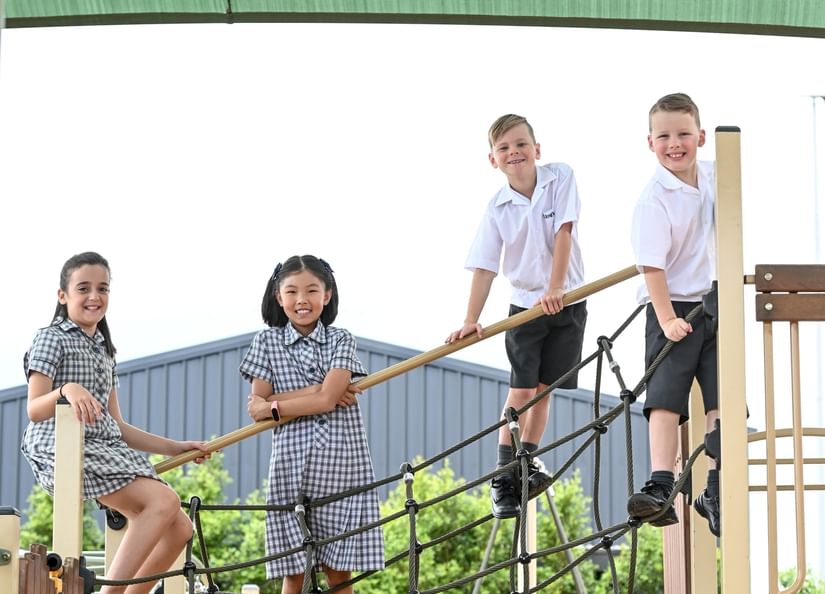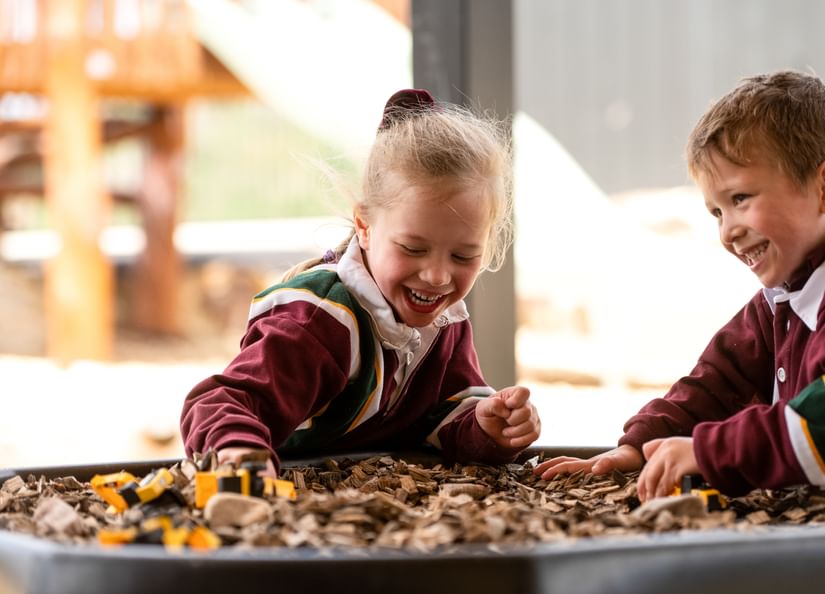Inclusive Education
At King’s, we value and celebrate the uniqueness of every student and are committed to creating a learning environment where all students feel supported, included, and empowered to thrive.
Our Inclusive Education program takes a holistic, student-centred approach to support, recognising that each learner brings different strengths, needs and experiences to our school community. We believe all students deserve access to meaningful, appropriately challenging learning experiences that reflect their individual skills, talents, and needs.
The Inclusive Education team works collaboratively with teachers, students and families to provide appropriate supports and reasonable adjustments within the classroom and, where necessary, through specialised programs.
All students are appreciated for who they are and for the unique contributions they bring to King’s.



